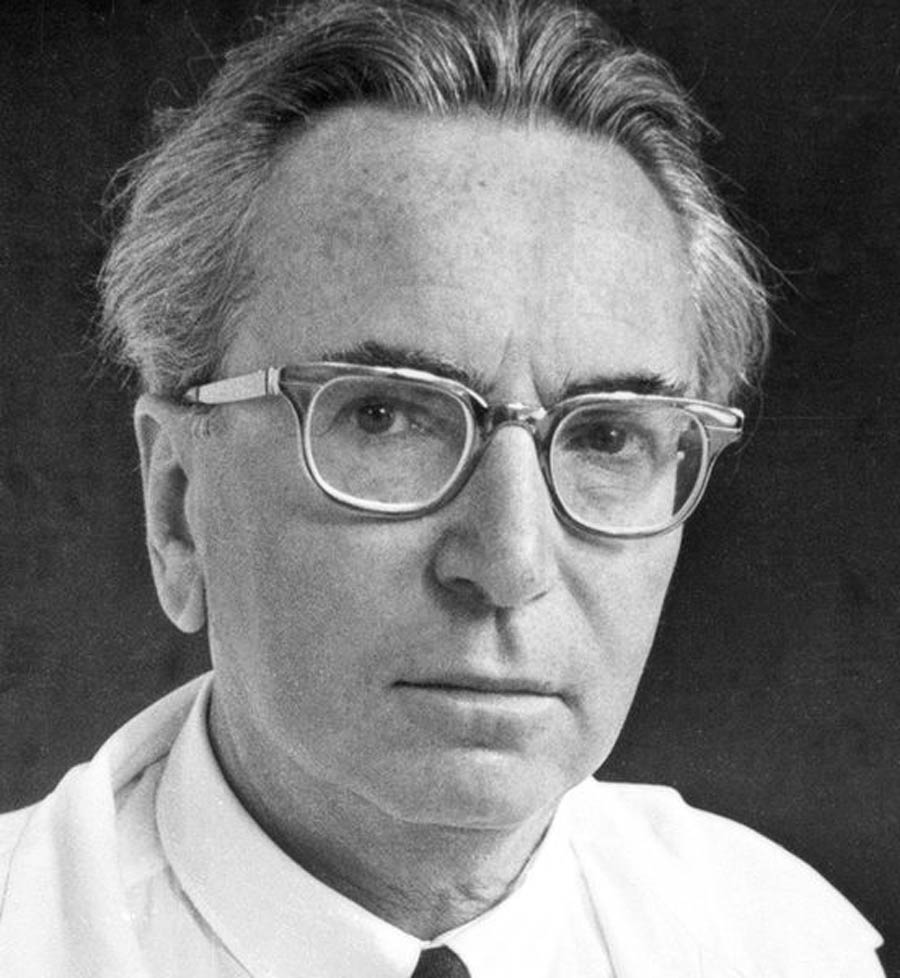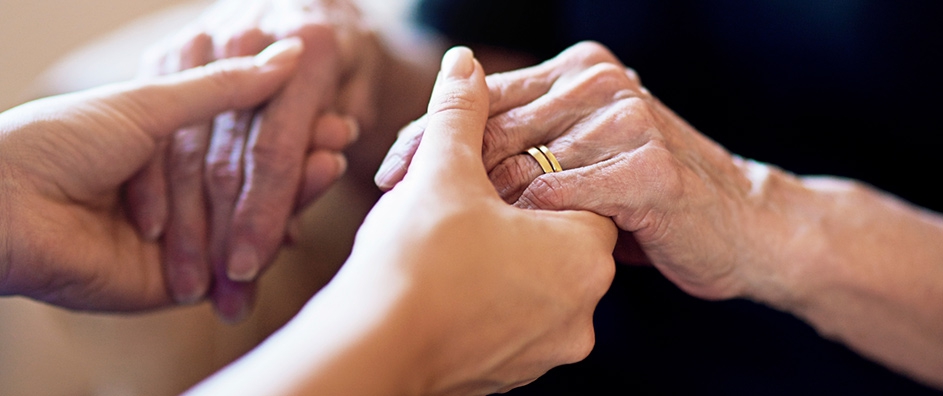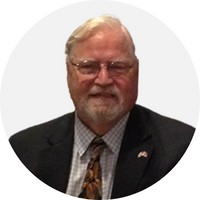The views expressed in our content reflect individual perspectives and do not represent the authoritative views of the Baha'i Faith.
To grunt and sweat under a weary life;
But that the dread of something after death,
The undiscover’d country from whose bourn
No traveller returns, puzzles the will
And makes us rather bear those ills we have
Than fly to others that we know not of? – William Shakespeare, Hamlet Act III, Scene 1
Now that you’ve contemplated Shakespeare, let’s talk about death.
I know, it’s not a popular subject. Nevertheless, as we get on in years we think about it more and more in relation to the insurance tables that deal in life expectancy for someone of our gender, age, weight, height, race and health habits. Nearly every major life insurance provider has a website that will calculate (for free) the probability of your continuing on for a given length of time. Of course, they also want to sell you a policy.
I am a white male, age 75, in reasonably good health and still working. I can say at my age that I look more and more towards the end of my physical life, and less and less backwards. But I may need to take a good look backwards before I exit stage left.

Vicktor Frankl
Vicktor Frankl—a survivor of the Nazi death camp Auschwitz—wrote his celebrated work Man’s Search for Meaning, in which he proposed a new death therapy, which he called “logotherapy.” Logos is a Greek word for meaning. The meaning in human existence, Frankl claimed, is the primary motivation for continuing on with one’s life. In public opinion polls nearly 90% of those polled said there needs to be “something” or “someone” we wish to keep on living for. What are you living for?
Frankl suggests you view your life as though you are now lying on your deathbed. Cast your mind backwards over the decades, considering the milestone events of your existence. Are you now at peace? Are you satisfied at having lived a useful productive life and serving others; or are you dissatisfied at a life lived primarily in service to your self? Now—considering this life review—how do you plan to live your remaining years? That, in a nutshell, describes logotherapy.
This raises an enormously important question: we will all die, but how do we prepare for a “good” death? From a Baha’i perspective, you can’t have a good death without having lived a good life. Life is the “report card” that determines our eternal advanced placement. The Baha’i teachings name two prerequisites God requires of each soul in every age. The first prerequisite involves recognizing the messenger of God for the day in which you live. It was Moses in his day; Jesus in his; Muhammad in his day, and today Baha’is recognize Baha’u’llah, whose name means “The Glory of God.” Baha’u’llah said:
The first duty prescribed by God for His servants is the recognition of Him Who is the Dayspring of His Revelation… Whoso achieveth this duty hath attained unto all good; and whoso is deprived thereof hath gone astray, though he be the author of every righteous deed. – The Most Holy Book, p. 19.
The second prerequisite, Baha’u’llah wrote, is following the teachings of the messenger of God:
It behoveth every one who reacheth this most sublime station, this summit of transcendent glory, to observe every ordinance of Him Who is the Desire of the world. These twin duties are inseparable. – Ibid.
All true advancement is tied to spiritual growth, because material existence does not last, and spiritual existence is eternal. We are not behind our eyes. We are spiritual beings, created in the image and likeness of God.
But what is spirituality? Those intangible inner attributes, which mean so much to all relationships, are usually spiritual. Some examples: love, kindness, trustworthiness, understanding, loyalty, friendliness, courtesy, bravery, reverence, service, etc. These spiritual characteristics take root in souls that adopt and practice them. Act noble and you will become noble.
Baha’is also believe that a social element should play a part in our spiritual lives. The Baha’i teachings ask us to carry forward “an ever-advancing civilization.” Baha’u’llah advises us to:
Be anxiously concerned with the needs of the age ye live in, and center your deliberations on its exigencies and requirements. – Gleanings from the Writings of Baha’u’llah, p. 212.
Baha’is all strive to make the world better than we found it. How? The Baha’i teachings say:
Regard man as a mine rich in gems of inestimable value. Education can, alone, cause it to reveal its treasures, and enable mankind to benefit therefrom. – Ibid., p. 260.
So we need to “polish” those gems God has placed within each of us. We need to find some occupation that uses our talents and faculties for the benefit of humankind. Of course, many of us go from one thing to another, never feeling confident that we have found our “thing.” But we can pray for assistance. In Matthew we read: “what man is there of you, whom if his son ask bread, will he give him a stone?” Then, “how much more shall your Father which is in heaven give good things to them that ask him?”
Now, just what goes on after death? No one can paint a word picture of that world. The problem is akin to our womb life. If we do not grow spiritually the result will be analogous to a child in the womb who does not develop its five senses—it will be born into this world, alive, but unable to apprehend its new surroundings. As we grew in the womb, we were in this world but not able to apprehend it, because all of our senses were in the process of becoming.
In a similar way, this world is the womb-world of the world to come.
















Comments
Sign in or create an account
Continue with Googleor